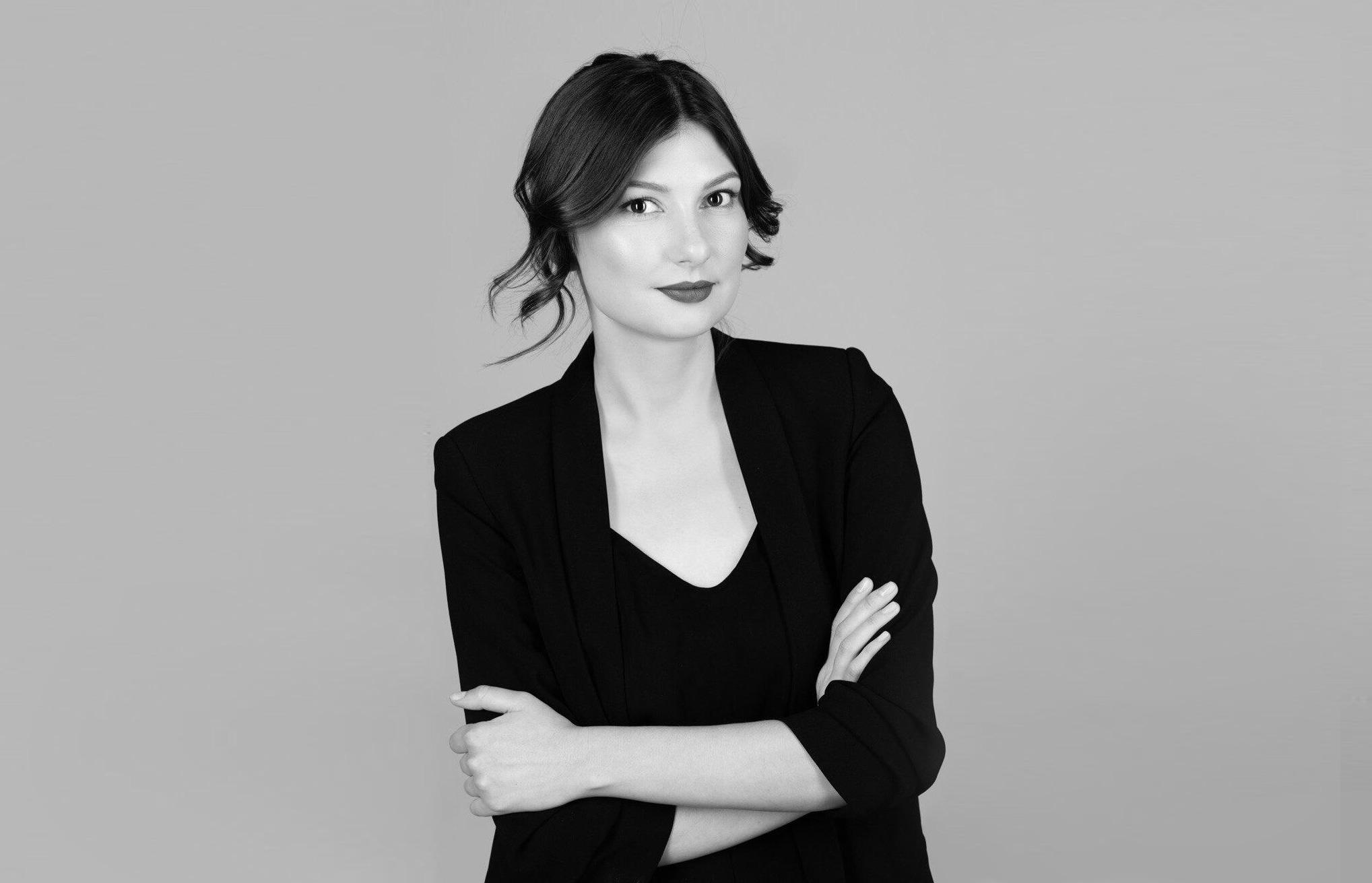Anastasia Vitruk began her career as a strategy consultant for the French government. She then spent several years at LVMH Perfumes and Cosmetics, holding various strategically important positions in the commercial department, working with the largest Eastern European beauty retailer. According to the CEO of BFROW, the proposed plan of Anastasia regarding marketing strategy and successful partnerships for 2020 had helped the company to overcome the lockdown crisis and achieve successful results in the 3rd quarter of 2020. Two years ago, she shifted directions and entered the tech industry, becoming the Head of Marketing for a networking platform for fashion creatives – but not before creating and successfully selling her own outwear brand in NYC. Currently, she is an advisor and consultant in marketing strategy and growth for fashion, beauty, and lifestyle startups.
Today, she lends us her expertise as she explains how to launch a successful startup in the fashion or beauty industries.
Let’s say that someone has a rough idea for a fashion or beauty startup. Where should they go from there?
All successful businesses are about solving a problem or fulfilling a need. Why do people need your business or solution and who are these people? If you can formulate your idea into one simple sentence that answers both of these questions, you’re off to a great start.
A good startup idea needs to be scalable, which is to say that there is room for it to grow and bring in increasing returns following strategic investments. Once you’ve created a business plan, launch as soon as possible and scale quickly.
What about would-be entrepreneurs who have a great idea ready, but lack the experience to create a solid business plan and execute it?
If you don’t have business education or a background in strategy consulting, consider taking the Y Combinator Startup School for building contextual knowledge. In any case, always remember that failures are gateways to learning, and treat every setback as a learning opportunity and a challenge to overcome.
In the fashion and beauty industry, is it better to be the sole founder, or should you start out as a team?
Definitely a team – a strong and proactive one at that. For a stable startup, you’d typically need two co-founders, out of whom one is the visionary and the other has the expertise to make the vision a reality.
The team should also include a CTO – a tech expert with a background in coding and product development – and a charismatic PR & marketing professional to develop a buzz around the product and connect with media and investors.
In fashion and beauty specifically, it’s especially important to create and maintain relationships with influencers and a professional pool of creative trend setters: stylists, editors, designers, photographers, and models. You’ll also need advisors – ideally, two experts with experience in projects similar to yours, in the same industry.
Once the team and business plan are in place, how do you go about execution? How do you know when you’re ready for launch?
As soon as you’ve reached the MVP stage – meaning minimum viable product – you’re ready for launch. Too many startups make the mistake of being too precious about the details and trying to ensure their product or service is absolutely perfect at the point of release.
Why would waiting too long with the launch be a mistake?
Because it would mean wasting valuable time and more importantly, countless opportunities for tailoring your product or service to your customers’ needs. By launching an MVP and monitoring user experience and feedback, you can develop the platform and make valuable improvements based on what your customer base wants, rather than on guesswork.
It’s worth keeping an eye on the competition, too – find your strongest competitors and adapt to either replicate their success or avoid their mistakes.
So, we’ve successfully launched the product or brand. What next? How do we scale the business and ensure it keeps growing?
Take into account what your long-term impact on the industry or on society as a whole should be. In particular, consider whether it’s viable to develop a specific technology to aid your company’s growth.
Decide whether you need any outside investors and if so, at what stage and of what type. For instance, through seed rounds, you lose equity but acquire advisors. This may be the right thing to do for your startup, but at the same time, you don’t want to lose your company’s equity for no good reason – so it’s important to plan ahead and understand how funding works.
Do you have any additional advice for startups in fashion and beauty?
Forge productive partnerships with brands and agencies to collaborate, rather than competing. Follow the latest global news and trends and adapt, while remaining environmentally cautious and politically correct. Be brave, be bold, and experiment.


